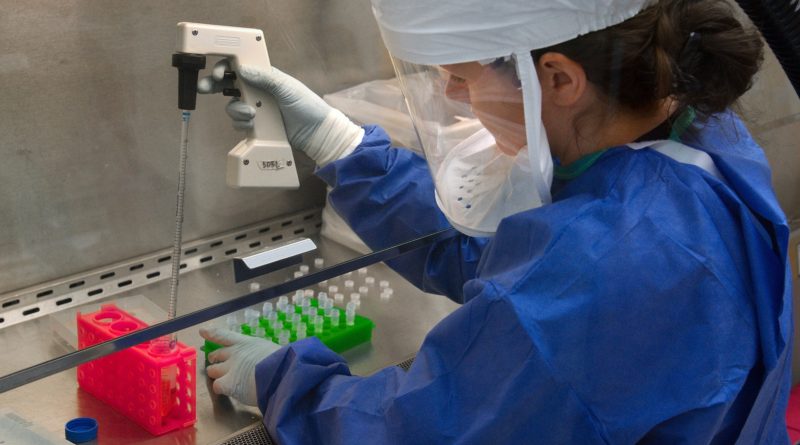Spanish researchers in the UK changing plans about their future
A recent survey revealed that a third (30%) of Spanish researchers in the UK have changed their plans due to the UK decision to leave the EU, while 43% are waiting to see what happens in Brexit negotiations to decide about the future. At the time the study was carried out, the vast majority believed not to qualify for the permanent residence card, did not intend to apply for it or did not know what permanent residence is.
The survey was done in November 2016 by the Society of Spanish Researchers (SRUK) to assess the impacts of Brexit among its over 600 members. The results were published in March.
Of the 200 respondents, only 19% said to be on permanent contracts. Most were on temporary assignments expected to be concluded by 2018.
Half of the participants (50%) believed not to qualify for permanent residence, a right acquired by EU citizens who have lived continuously in the country for 5 years. 20% said to qualify but not planning to apply for the card and 21% did not know about permanent residence at all.
If they were to leave the UK, more than 30% of respondents said they would return to Spain, 60% would go to another EU country and 10% would move outside Europe.
Researchers expected to be considerably or dramatically impacted by Brexit on a personal (45%) and professional (47%) level. They said the most significant changes will be felt in terms of bureaucracy demanded to live and work in the UK (82%), rights currently enjoyed by Europeans (72%), movement of skilled workers (72%) and access to European funding (62%).
Academic institutions have long emphasised that science needs exchanges of ideas and science risks losing out from fewer resources (both national and from the EU), as well as from recruitment difficulties.
A sign of the tensions in the sector, Hans-Jochen Schiewer, chair of the U15 group (the association of the biggest research universities in Germany), recently criticised the UK’s lack of strategy to remain in the European Union’s research framework. In an interview with the Times Higher Education, he said that uncertainty is proving “toxic” for new joint projects.
In the UK, 28% of the academic workforce is non-British and 16% is from EU countries. Among them, there are some 3,500 Spanish scientists, a figure rising to 5,000 when public institutions, companies and administration staff are taken into account. At least another 5,000 are Italians, one of the largest communities of non-British researchers after the Germans.
“We have come to London, Cambridge, Oxford or Edinburgh, with the same spirit as if moving from Rome to Milan, or Bonn to Berlin: within a common market there is freedom of movement for workers, and no one of us felt like an immigrant. Rather, we have so far felt honoured to live in a country of great liberal tradition and to work in excellent universities and research centres,” said the Association of Italian Scientists in the UK in a statement.
The report published by the Society of Spanish Researchers added: “Many of us came to the UK attracted by its world-leading, collaborative and supportive R&I sector. This long-standing international collaboration tradition has a positive impact on the British economy, as well as on the exchange of revolutionary ideas which come with highly skilled individuals, something that Spanish researchers and many other European scientists have been part of.”
Claudia Delpero © all rights reserved.
Photo courtesy Pixabay.




